2 min read
Gospel-Centered from the Start
“Let us hold unswervingly to the hope we profess, for He Who promised is faithful…Jesus Christ is the same yesterday, today, and forever.” (Hebrews...
Conversations about “the poor and homeless” can quickly go off track. Our vocabulary and our frames of reference can lead us to the wrong assumptions and, consequently, inaction or ineffective solutions.
• We think about money or the lack of it.
• We begin to shape solutions around physical needs – food and shelter, housing and transportation.
• We think about someone “other” – not ourselves. We may be “lower middle class” or “just starting out” or “a bit strapped,” but we are not “poor.”
• And, according to a poll conducted by The Washington Post and the Kaiser Family Foundation, Christians often blame poverty on laziness or a lack of moral character.
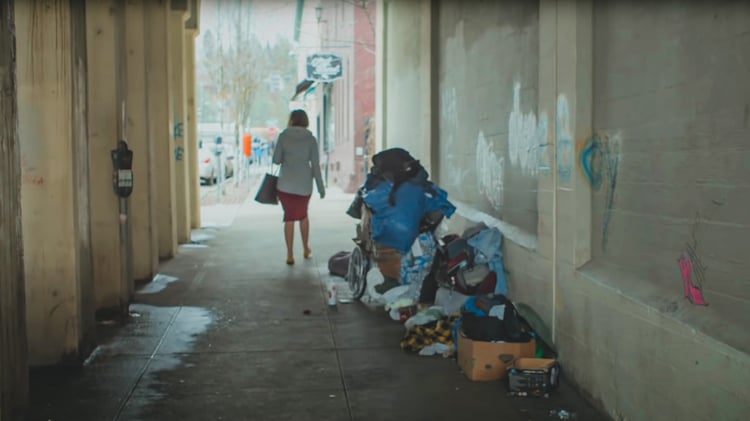 Somehow, there’s a shame or stigma attached to being “poor.” Poor people are people who need our help, and as soon as you introduce the topic of poverty, there is a clear distinction between the people who need help and the people doing the helping. We would much rather be in the superior position of doing the helping.
Somehow, there’s a shame or stigma attached to being “poor.” Poor people are people who need our help, and as soon as you introduce the topic of poverty, there is a clear distinction between the people who need help and the people doing the helping. We would much rather be in the superior position of doing the helping.
While I absolutely want you to help the poor (in fact, it’s my job to inspire you to do just that), I also want you to recognize that (no matter how much money you have in your bank account) you are also poor.
The plain fact is that original sin bankrupted each one of us.
The discussion around homelessness almost always becomes us versus them. Rich versus poor. People on the streets versus business owners. Shelters versus neighborhoods. Until we realize that we are all in the same big boat, we will continue to point fingers, assign blame and miss the point.
Rosaria Butterfield is a popular Christian author. She used to be a tenured professor at Syracuse University and a lesbian feminist activist. In a recent interview with Christianity Today, she talks about the need for radically ordinary hospitality as a means of building relationships and sharing the gospel. 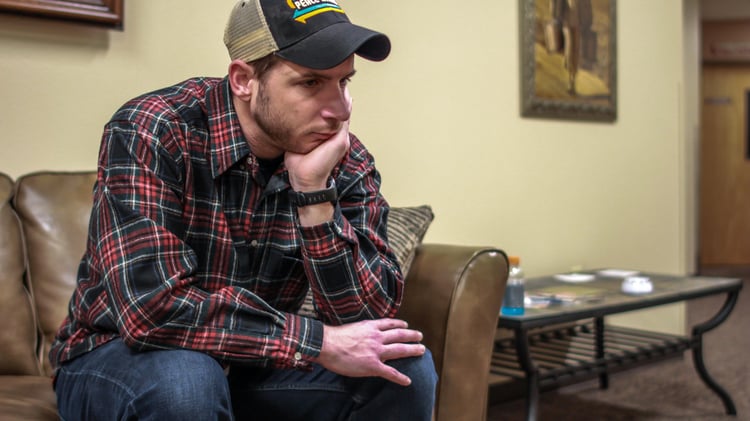 “The thing to realize is that people need more than a meal; they need a meal and the gospel of salvation. They need to know how their sin patterns and the sins of others landed on them. They need to know who the real enemy is. People are not our enemy. Sin is our enemy.
“The thing to realize is that people need more than a meal; they need a meal and the gospel of salvation. They need to know how their sin patterns and the sins of others landed on them. They need to know who the real enemy is. People are not our enemy. Sin is our enemy.
“We struggle with understanding two things. First, a sin nature: what it means to be fundamentally distorted by original sin, distracted by actual sin, and manipulated by indwelling sin. And second, we struggle with what it means to carry with us the imprint of the God who made us.” (“Christian Hospitality Is Radically Different form ‘Southern Hospitality,’” Christianity Today)
If you have any questions about our brokenness, consider these statistics:
(National Center for Drug Abuse Statistics)
When we talk about poverty, it’s easy to see why we need to provide people with food and shelter, but counseling? Recovery? Why should we be responsible for that?
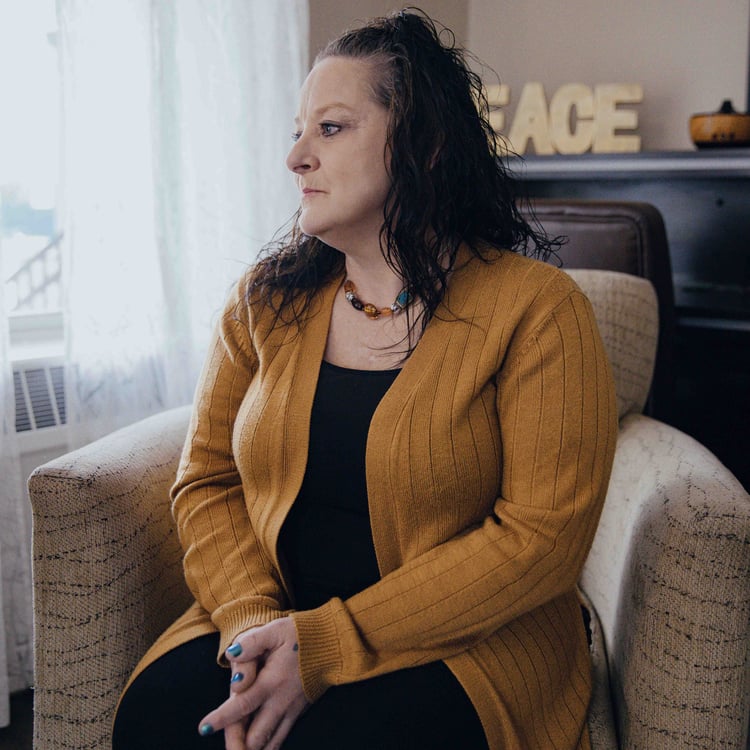 Over the next few months, we’ll be taking a close look at recovery – what is it, what’s required, who needs it, why should the average Christian care about some else’s addiction, and what’s the end game? Where are we going with all this talk of recovery?
Over the next few months, we’ll be taking a close look at recovery – what is it, what’s required, who needs it, why should the average Christian care about some else’s addiction, and what’s the end game? Where are we going with all this talk of recovery?
Typically, people are much more inclined to give to feed other people than to give to address the brokenness that led to addiction and homelessness. Once you mention the word “addiction,” sympathy quickly dries up. Because it’s likely that someone’s sin led them there. 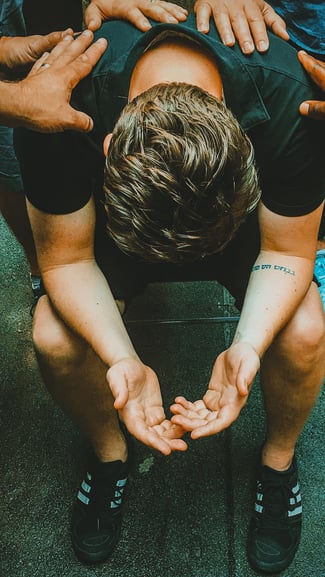 But the truth is our sin leads all of us into destructive places. Sometimes that destruction is just a lot more visible than others.
But the truth is our sin leads all of us into destructive places. Sometimes that destruction is just a lot more visible than others.
We all need recovery because we are all broken. We are not all addicted in that we would not all suffer acute psychological and physical withdrawals if we stopped using some substance or following some behavior. But we all have idols – things, people or behaviors we put in the place of God.
Jim and Rosella Reggin give to UGM on a monthly basis. Here's how they described why: “Every one of us is on the road to recovery in some area of our lives if we are truly seeking Christ as the way, the truth and the life. We applaud those who are actively choosing to do the work of evaluating their lives and pursuing this path of love offered through the ministry of the Union Gospel Mission... We give to this ministry for they not only recognize that the gospel is the answer to our broken lives but actively work to apply it.”
We need to care about people who became homeless through no fault of their own. We also need to care about people who became homeless because they made terrible choices. We need to care because we are God’s image bearers in the world. We are the salt that brings flavor and preservation. We are the light that breaks into the darkness and makes life less scary.
We need to care because we, too, are broken and have made mistakes. We need to care because it’s never too late. For anyone.
And caring leads to action.
Rosaria Butterfield again: “I look at a person as an image bearer of a holy God, and I am not in any way spooked by whatever worldly identity happens to be attached to that image bearer.
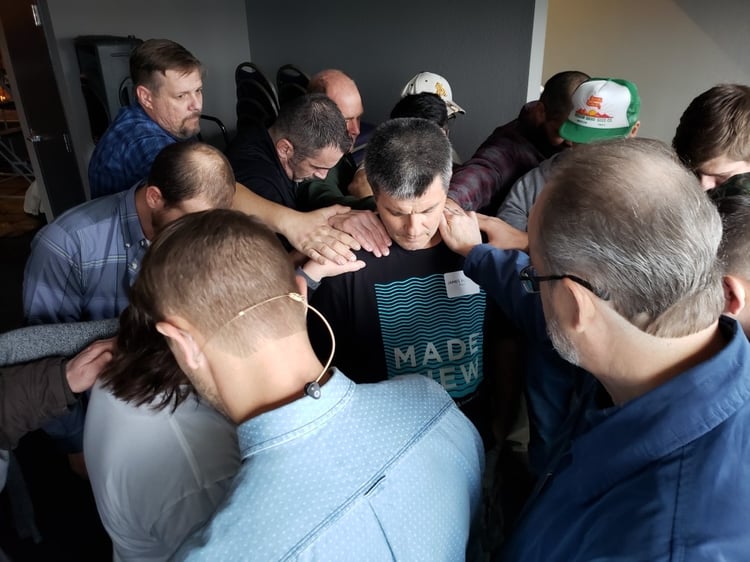 “In order to be the image bearers we are called to be, we must be born again…We live in a world where we are told biblical conversations are hate speech. That’s ridiculous. What you can’t do is make sneaky little raids into people’s lives like a moral prig and then expect people to thank you for that. If you want to have strong conversations, you have to build relationships.”
“In order to be the image bearers we are called to be, we must be born again…We live in a world where we are told biblical conversations are hate speech. That’s ridiculous. What you can’t do is make sneaky little raids into people’s lives like a moral prig and then expect people to thank you for that. If you want to have strong conversations, you have to build relationships.”
We must love like Jesus and practice radical hospitality, welcoming in the stranger, the addict, the atheist. We must build relationships based on caring and a recognition that their biggest problem is the same as my biggest problem – sin. We must recognize and be doing our own work of recovery.
And that leads us to want to provide the resources people need – not just food and shelter, but medical care, addiction recovery, counseling, legal assistance and more.
"So in everything, do to others what you would have them do to you, for this sums up the Law and the Prophets." Matthew 7:12
Learning more about homelessness is step 1 in making a difference. Download our free e-book today.

2 min read
“Let us hold unswervingly to the hope we profess, for He Who promised is faithful…Jesus Christ is the same yesterday, today, and forever.” (Hebrews...

9 min read
To celebrate 75 years of serving the Inland Northwest, we are spending the year remembering our history and the faithfulness that built us and...

2 min read
In 2026, Union Gospel Mission Inland Northwest is approaching our 75th Anniversary! This is a milestone that invites gratitude and reflection, and...

Words to Direct Our Paths There's something about a new notebook, a blank calendar, a freshly tilled plot of soil that beckons us. It's a fresh...
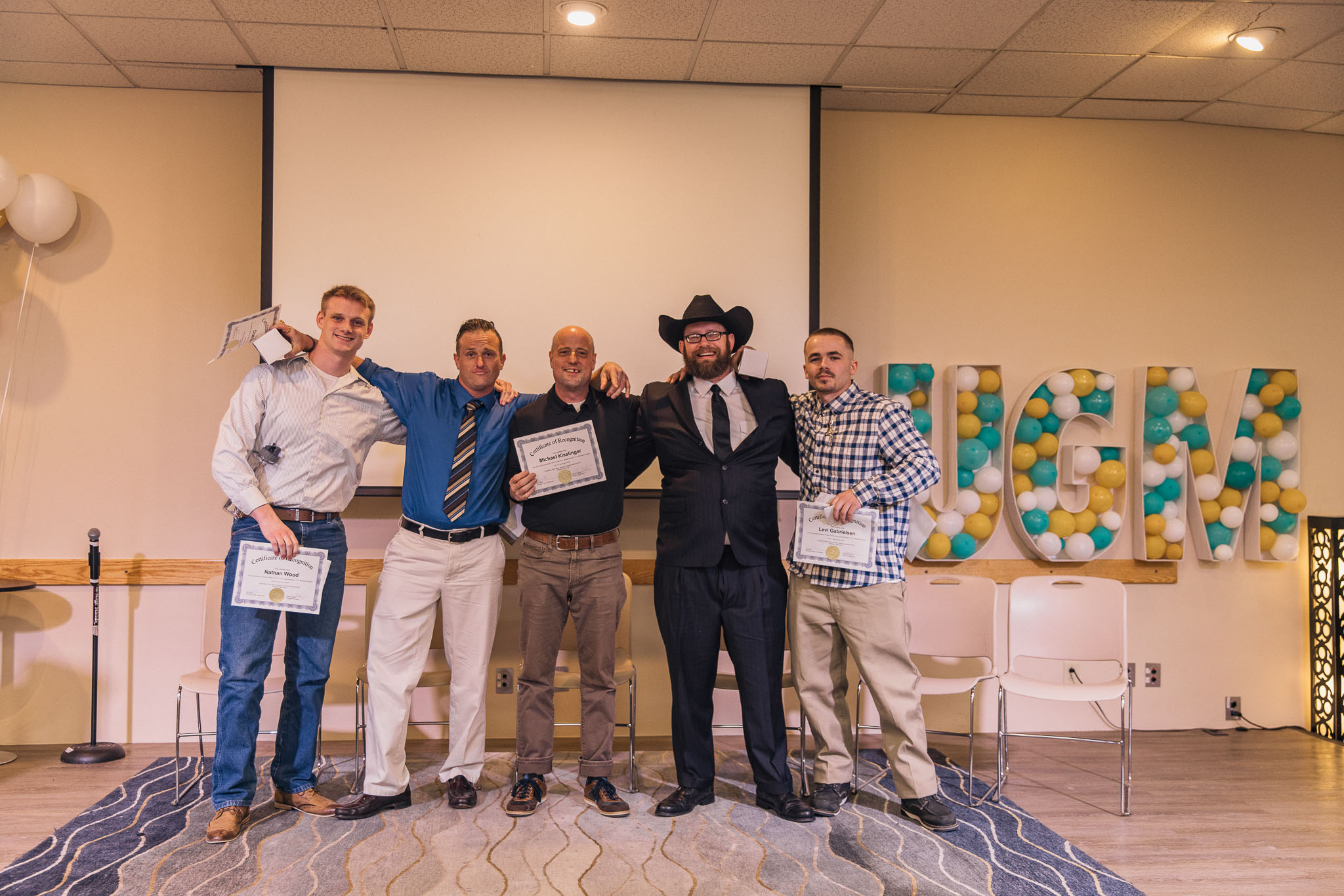
Homelessness is a deeply layered crisis—one that requires compassion, resilience, and community to overcome. Because of your support, we don’t walk...
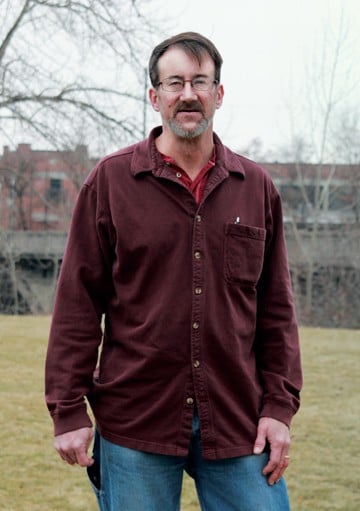
Recovery is impossible... if you don’t believe you have a problem if you refuse to look at the problem if you blame someone else for the problem or ...